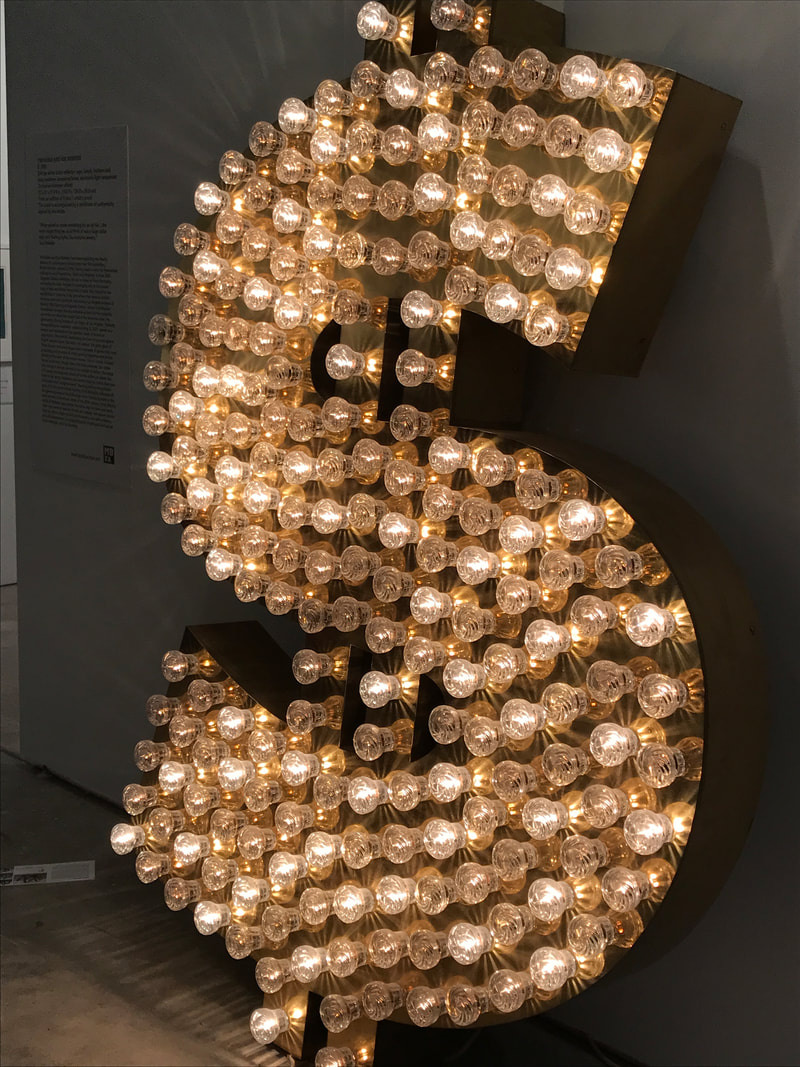It has struck me as odd, then, that we are so quick to uphold an economic system of randomness, which like Darwin's system, proposes blind laws of violence and chance, like survival of the fittest, as core mechanisms. What is valued is that which provides one with a better opportunity to survive. While a police officer puts his or her life on the line to protect and serve a community, day traders speculate on currencies and stocks. One arguably does great good and receives little pay, while the other adds little to the system - and certainly not hundreds of times more value. Yet given the option of being a successful police officer or a successful day trader, most would likely choose the latter due to its ability to confer survivability in our system. And with money, comes power. The wealthy not only tend to avoid the harms of life, but they also tend to be able to shape society through their purchasing of political power through lobbying and influence.
I am no economist, and I am not at all saying that capitalism is horrible and that any other system - which will inevitably be led by fallen humans - would be better. I don't know. But what I do know is that it seems like a strange relationship we have when we find randomness as incompatible with life, order, and objective values in the religious sphere, yet we find them ideal in the economic sphere. It's just odd. That's all I'm saying.
But then, as I reflect some more, I suppose that the freedom capitalism gives us may be somewhat like the freedom God gave us in the garden. We are to use our dominion - our power - to tend and keep. In that sense, the system isn't disorderly. It provides us with the freedom to create, to better, to infuse value. Just as my children's Legos have no value inherent in them, but when they make a structure, they become valuable to them, so it may be with the world under capitalism. As individual agents who all determine good and evil for ourselves, or who instead choose to align ourselves with what God deems "good-" we get to tell the system what to value by what we choose to build and invest in.
That sounds good. Maybe that saves capitalism for us. But then again, maybe it doesn't. How are we doing with our investments? How are we doing with our self-sacrifice? How are we doing with our refusal to worship comfort? What accountability do we have in a system which doesn't provide oversight either through the government or church discipline? Those are tough questions, and I don't have answers. I just know that everything is way more complicated than anyone wants to let on, and our self-interest often gets in the way of our consistency, logical and moral.




 RSS Feed
RSS Feed